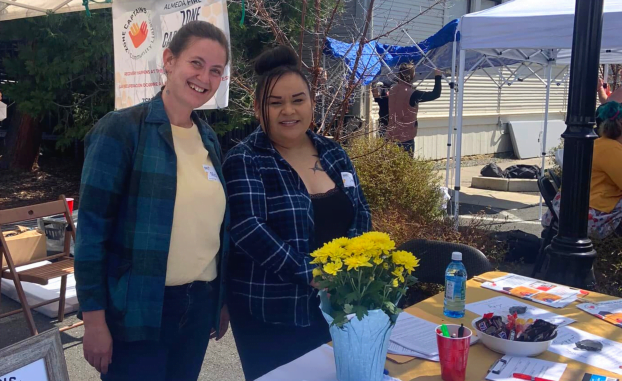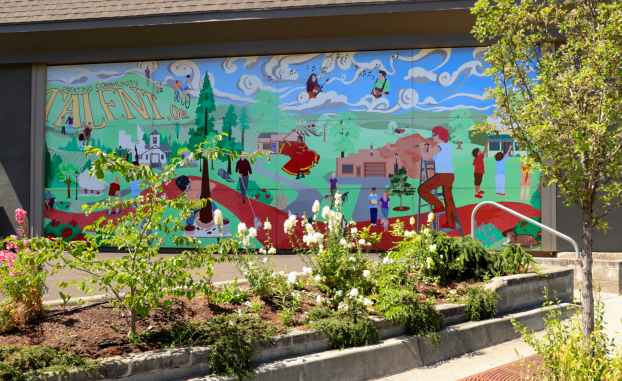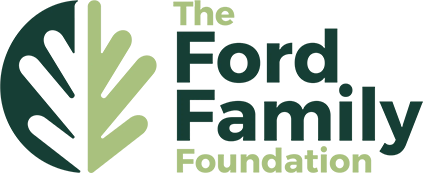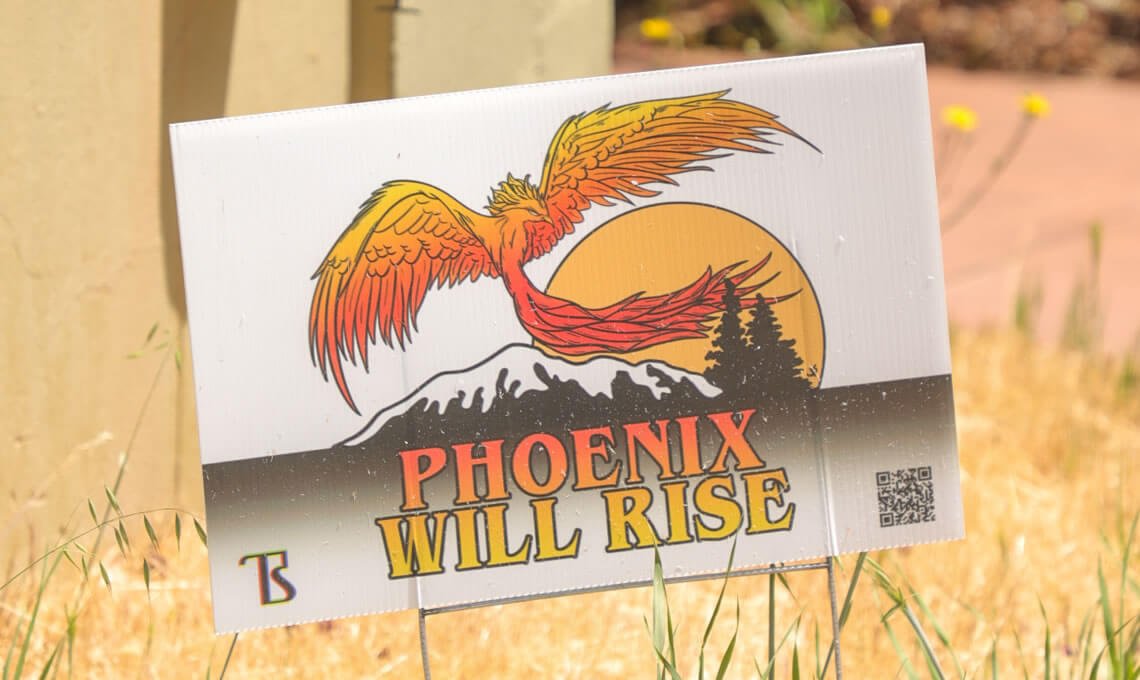18 months after the Almeda Fire, relationships are making the difference
Almost two years ago, the Almeda Fire engulfed over 2,500 homes in a community already struggling with a dire shortage of affordable housing units. The housing issue was worrisome, but it was only one of the barriers faced by the displaced residents of the Rogue Valley community who had to navigate insurance issues, virtual schooling and more.
Only a savvy, coordinated and committed group of recovery leaders and community members could navigate the complexity of meeting the displaced community’s needs.
The Long-Term Recovery Group that formed in January 2021 continues to navigate this complexity. Empathetic community organizations walk alongside the recovery workers, creating and sustaining connections where loss and trauma lie. The work of these organizations shows that where small-town residents work together, listen to one another and forge new relationships, we find resiliency.
Relationships are the basis for long-term recovery
Among those working in recovery from natural disasters, it is known that “recovery happens at the speed of relationships.” The Firebrand Resiliency Collective, a nonprofit supporting recovery in Jackson County, even adopted this as its tagline. The Collective’s executive director, Tucker Teutsch III, is quick to confirm. “Relationships are our greatest asset,” he says.

Firebrand Resiliency Collective’s zone captains support developing peer relationships among wildfire survivors. PHOTO: Firebrand Resiliency Collective
Before the devastating fire, key organizations in the Talent and Phoenix area were connected and working together. This has proven to be immensely helpful. “The key to our success is that we are relationship-based,” explains Dee Anne Everson, executive director of United Way of Jackson County. “A lot of people will say ‘relationships’ as a buzzword, but here — it’s real.”
In the fire’s early aftermath, Everson was uniquely situated to understand and tackle the emergency’s immense scope; she was one of many community leaders who early on launched into coordinating recovery efforts. By leveraging existing relationships and forging new ones, Everson worked across sectors, federal agencies and private foundations to meet community members’ immediate needs and secure housing. The United Way began supporting other relief organizations in the community, becoming the fiscal sponsor for a local food system advocacy organization and volunteering staff time to deliver food to those who need it.
It is through this continued and growing network of connections to other organizations, such as La Clínica, Firebrand Resiliency Collective, The Hearth, Catholic Charities, Rogue Climate, Rogue Action Center and many others, that the Jackson County Community Long-Term Recovery Group was formed to support individuals and families who were displaced in 2020. The process of creating this group was as incremental and nuanced as the task before them — allocating financial support to meet the specific needs of each household affected by the Almeda Fire. This work is aided by the hiring of Jackson County Community LTRG’s executive director, Caryn Wheeler-Clay, made possible by an outpouring of donations and the funding collaborative known as the Community Rebuilding Fund. As of Spring 2022, the LTRG has distributed over $1 million to wildfire survivors in their community.
Listen, especially to the kids
“We feel better when we talk to one another. That’s the simple fact,” shares Mark Yaconelli, founder and executive director of The Hearth. The Hearth is known throughout Southern Oregon for the powerful setting the organization creates for people of all backgrounds to share their stories that build empathy and create a sense of community. Even prior to the Almeda Fire or the COVID-19 pandemic, The Hearth’s process created connection. Now, The Hearth brings storytelling to the community to heal.
After the wildfire, The Hearth’s team shifted to host story circles across Talent and Phoenix communities for the emotionally traumatized residents. Most importantly, Yaconelli’s story circle team works within the Phoenix-Talent School District, where hundreds of students lost their homes in the wildfire. “Students cannot learn until they feel safe and connected to their community,” Yaconelli explains. “We know through external evaluation that students’ sense of well-being and safety — and of simply feeling known and heard — is improved after talking to one another through these circles.”
Prompts like “What is a place you loved when you were little?” or “Share an awkward animal encounter you’ve had,” created both deep and silly moments among the students. Anxiety eased if only for a moment. The students could rest and revel in the relationships and ties that reminded them of why this community was their home.

The Jackson County community has years of focused recovery work ahead to ensure all who call Talent and Phoenix home are able to reestablish their lives and livelihoods. PHOTO: Lauren Purdy
We’re all here for the long haul
The Jackson County community has years of focused recovery work ahead to ensure all who call Talent and Phoenix home are able to reestablish their lives and livelihoods. The road to recovery is long.
“One of the greatest fears among fire survivors and recovering communities is that we’ll be forgotten,” Everson says.
Nearly two hundred people remain in temporary housing, costs of rebuilding continue to escalate, and the Long-Term Recovery Group has 400 cases with basic needs in their queue, representing millions of dollars in recovery and rebuilding. Across Jackson County — and the region — the need for connection after so many challenges remains pivotal to their success.
Unfortunately, the majority of immediate relief funding is designed for the early stages of recovery, and larger philanthropic funds are declining. The Ford Family Foundation is one organization that continues to support wildfire recovery efforts in rural Oregon and Siskiyou County, California, listening to leaders in community who know that this sustained effort requires diverse sources of funding.
While the fear of other wildfires ahead is palpable, Tucker Teutsch III, Dee Anne Everson, Caryn Wheeler-Clay, Mark Yaconelli and many, many other committed advocates will continue building relationships and a stronger future together.

